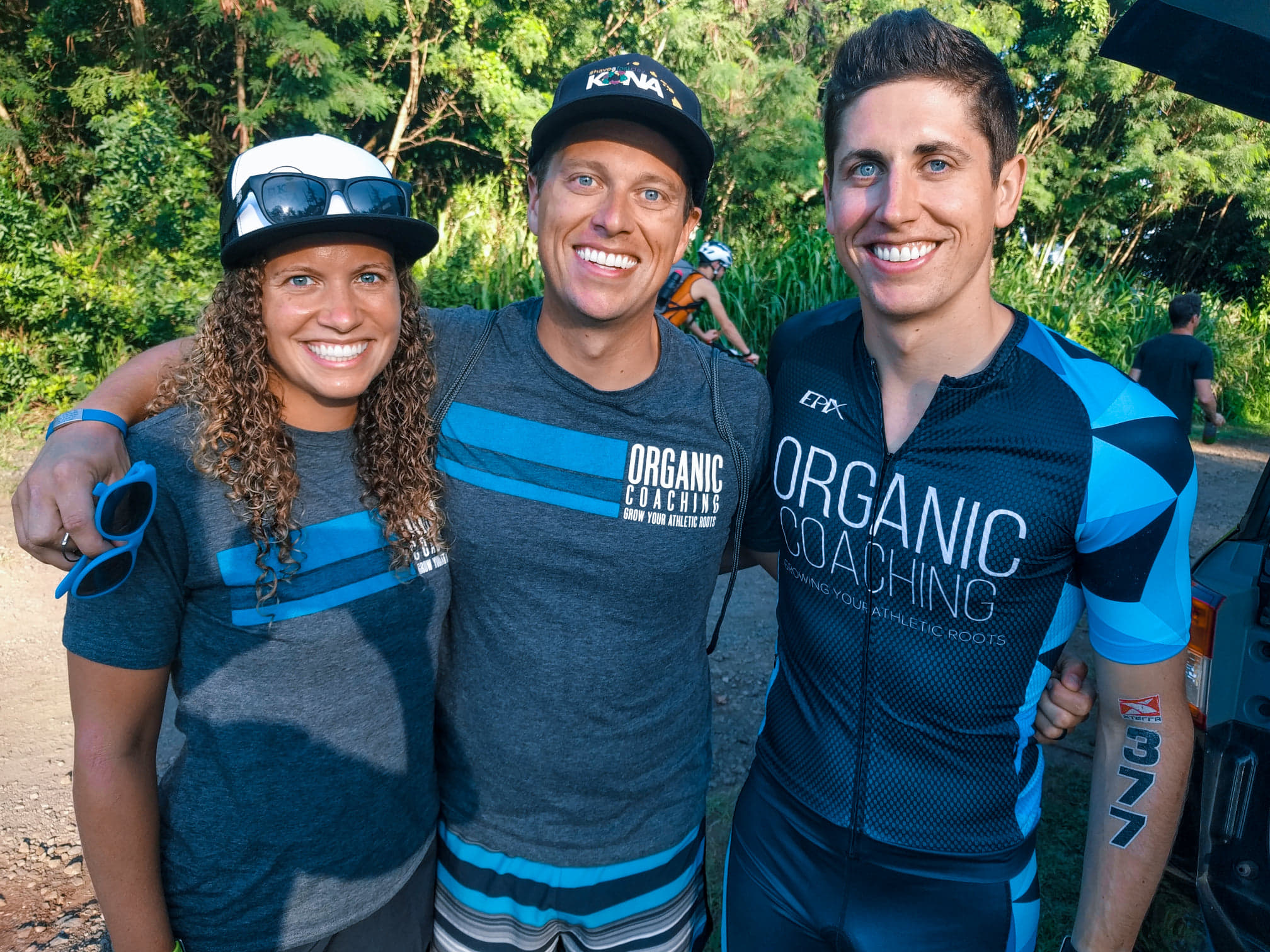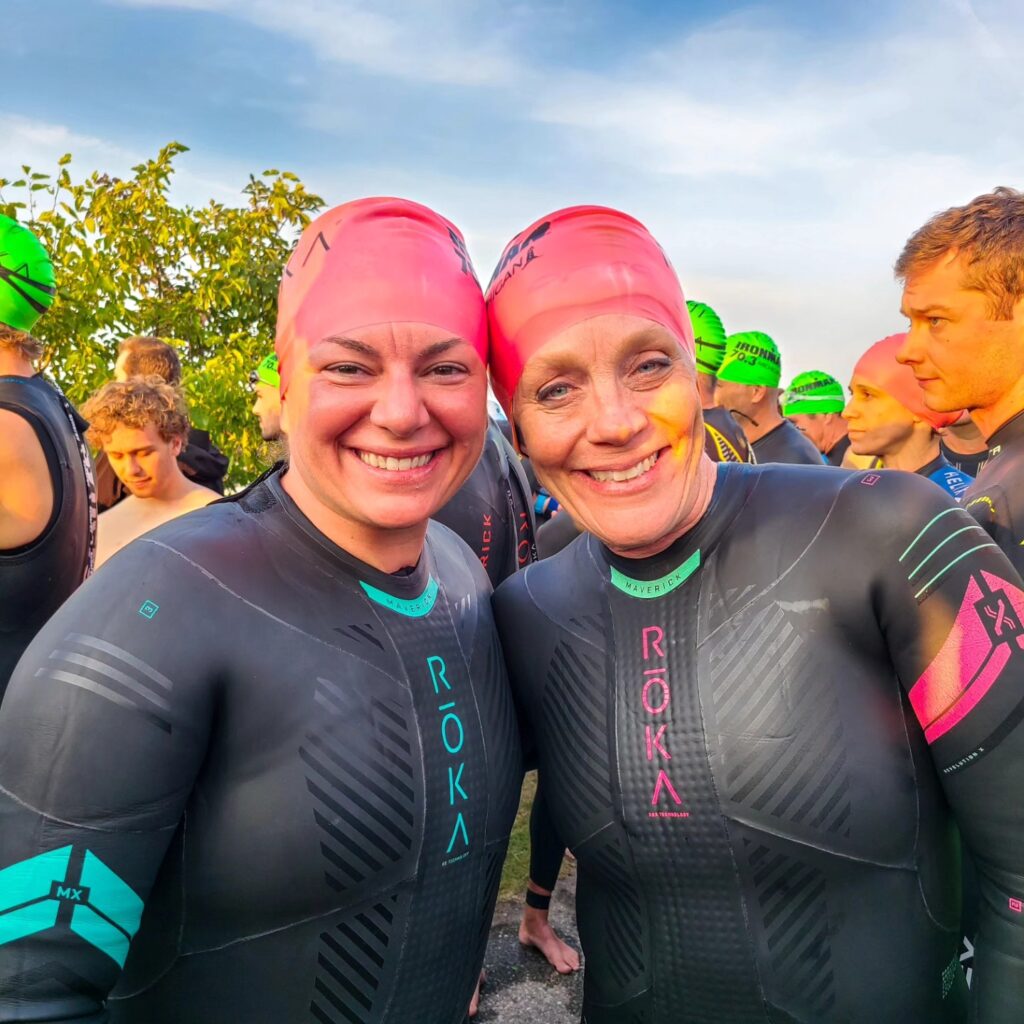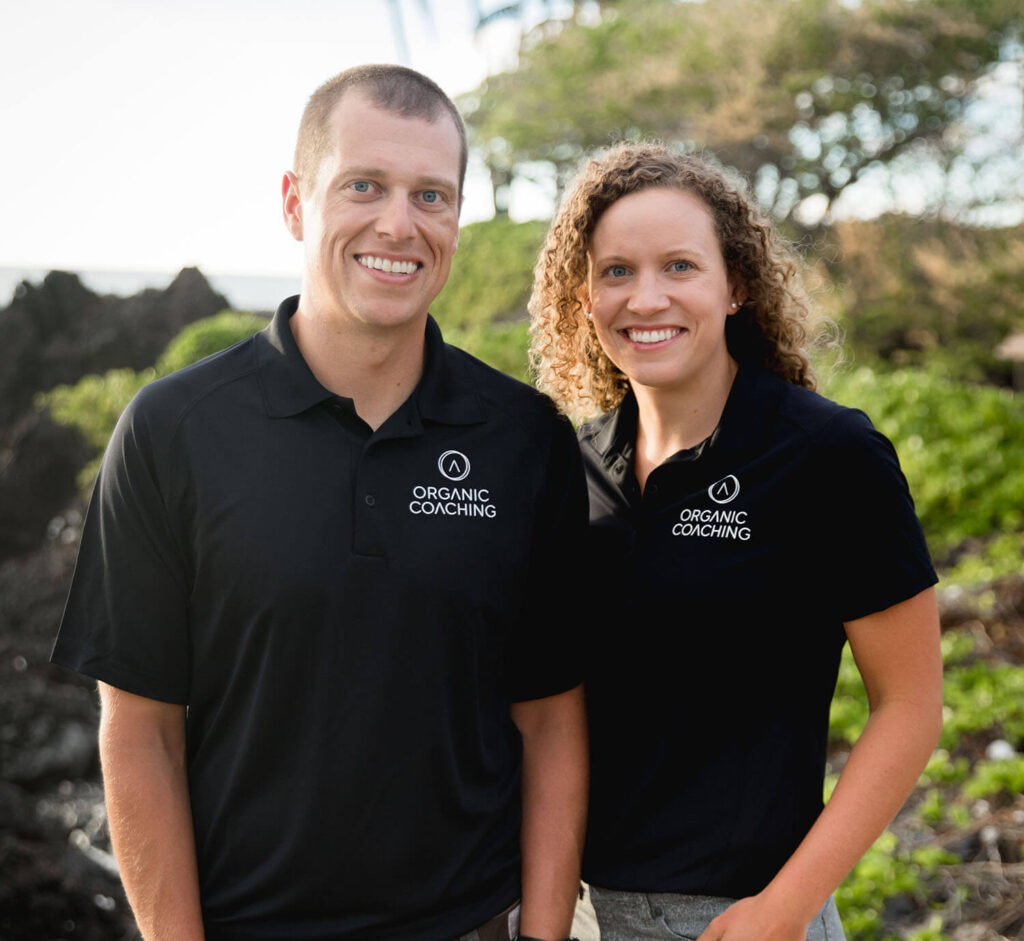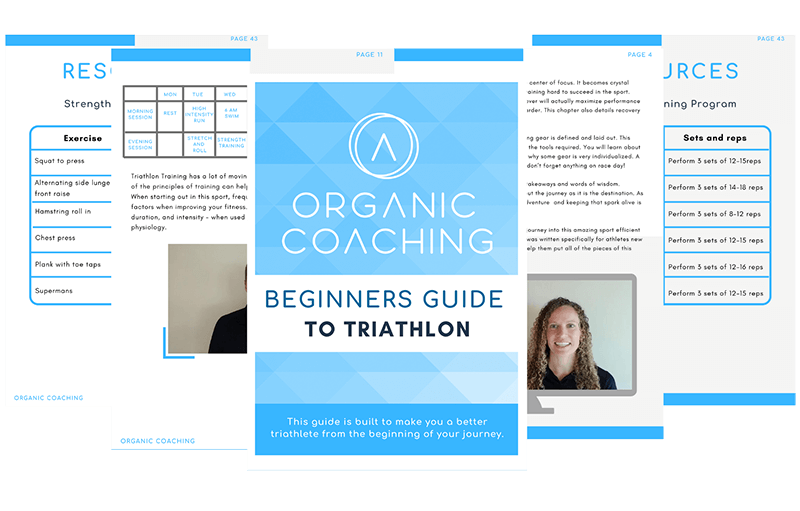

The offseason is often viewed as a time to rest and recharge, but it’s also a prime opportunity to lay the groundwork for a successful race season ahead. This time of year, your focus should shift from the intensity of race training to refining the aspects of your fitness that often get overshadowed. By focusing on building strength, addressing your weaknesses, and maintaining a balanced routine, you’ll be better prepared to take on your swim, bike, and run sessions with renewed power and confidence when the season returns. Here is how to unlock your triathlon offseason potential.
For many triathletes, strength training can feel like an afterthought during peak race season. Between long rides, tempo runs, and swim intervals, carving out time for weights or resistance bands can be challenging. But the offseason is different. Now is the perfect time to shift gears and prioritize strength training—and the benefits are worth it.
Building a solid strength foundation now will pay dividends when you’re back out on the course. Stronger muscles mean more endurance, better form, and fewer injuries. Think of it as building a sturdy framework for a house; if the foundation is strong, everything else can stand up to the pressures and demands that come with race-specific training. With a well-rounded strength program, you’ll find yourself more resilient to the challenges of training.
When you focus on strength, you’re not just adding muscle for the sake of it. You’re targeting the muscle groups that power your swim strokes, keep you stable and efficient on the bike, and give you that extra boost during the final miles of a run. Exercises like squats, deadlifts, and core work aren’t just for gym-goers—they’re a key part of a smart triathlete’s training plan. For example:
By dedicating time now to building strength, you’ll power through those swim, bike, and run sessions when race season returns. And when it’s time to ramp up your training again, your body will be ready to handle the increased load without the same risk of burnout or injury.
Every athlete has a few aspects of their training that could use a little extra attention. Maybe it’s your swim technique, that always seems to hold you back in open water. Perhaps you struggle to maintain confidence on the bike when the wind picks up. Or maybe you’ve been stuck at the same pace in your run for months. The offseason is the perfect time to turn those weak spots into strengths.
Without the pressure of an upcoming race, you have the freedom to experiment, learn, and adapt. Instead of merely maintaining fitness, use this time to dig deeper into the areas that challenged you during the season.
With a plan tailored to your needs, you’ll be able to turn those challenges into newfound strengths. And when you’re back out there next season, you’ll be ready to crush your goals with confidence.
While it’s essential to keep training through the offseason, it’s equally important to avoid overdoing it. The offseason is all about finding that sweet spot where you stay active, but allow yourself enough recovery to feel refreshed and ready when it’s time to start ramping up again. A balanced approach will prevent burnout and ensure that you hit the ground running the following year with the energy and enthusiasm you need!
Consistency is key, but that doesn’t mean sticking rigidly to a demanding schedule. Instead, think of the offseason as an opportunity to try new things, have fun, and give your body and mind a break from the usual grind of race-specific training. Here are some tips for maintaining a balanced offseason routine:
When you maintain a balanced approach, you’ll find that offseason training is not only manageable but also enjoyable. It’s an opportunity to reignite your love for movement and remind yourself why you started this journey in the first place.
Unlocking your offseason potential is all about building strength, addressing your unique challenges, and finding the right balance to keep you feeling fresh and motivated. At Organic Coaching, we’re here to help you make the most of this time. We’ll work with you to develop a personalized plan that targets your specific needs. Ensuring that you head into the season stronger, faster, and more prepared than ever before.
Ready to get started? Let’s turn this offseason into your best one yet! Whether it’s creating a tailored strength program, helping you perfect your technique, or keeping you accountable to your goals. We’re here to support you every step of the way.
Let’s make the most of your offseason together—because next season’s success starts now!
READ MORE: SEASONALITY OF TRIATHLON TRAINING AND RACING

Carly and Tyler Guggemos built Organic Coaching in 2014 with a simple philosophy that works. The idea is to take what you have and grow it to get faster, fitter and stronger. And to do it with the time you have – not the time you wish you had.

For athletes who are ready to take their training to the next level while still thriving and succeeding in their professional and family life.
Copyright © 2024 Organic Coaching LLC